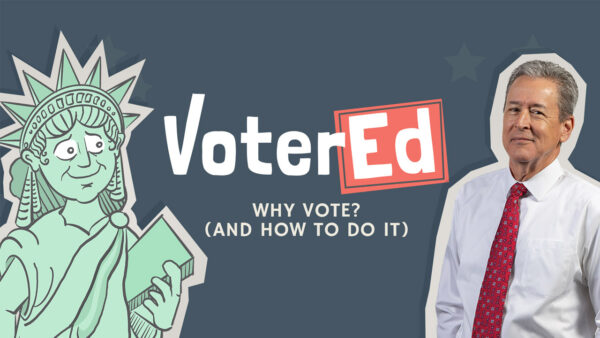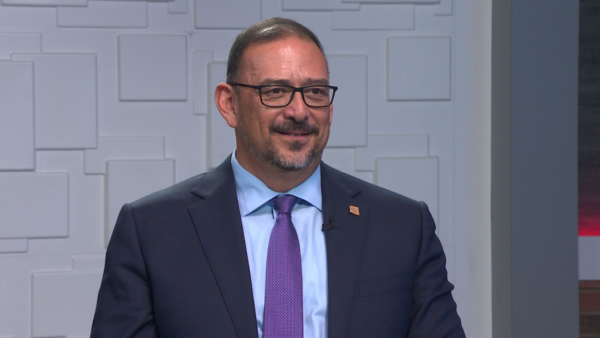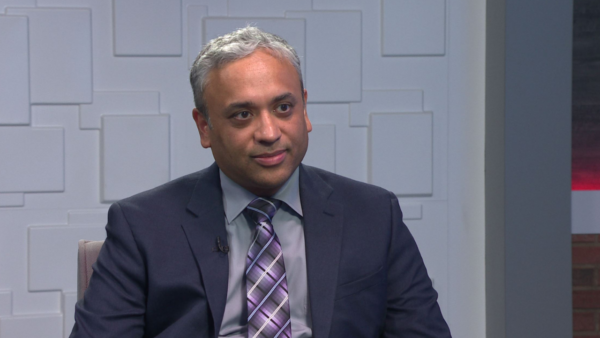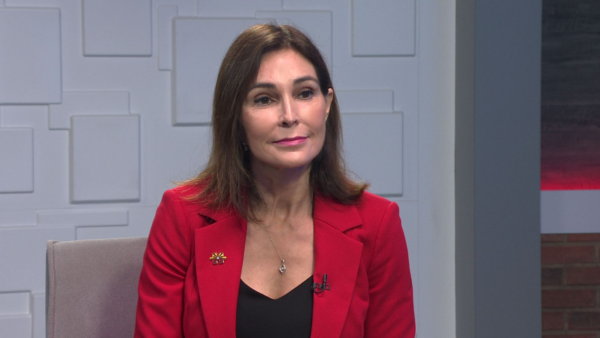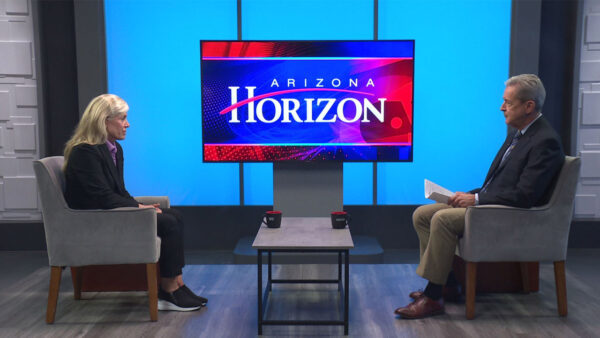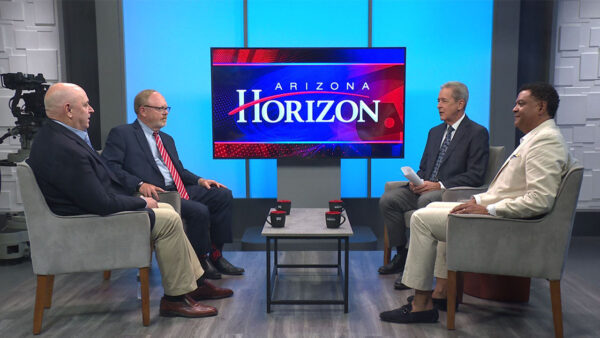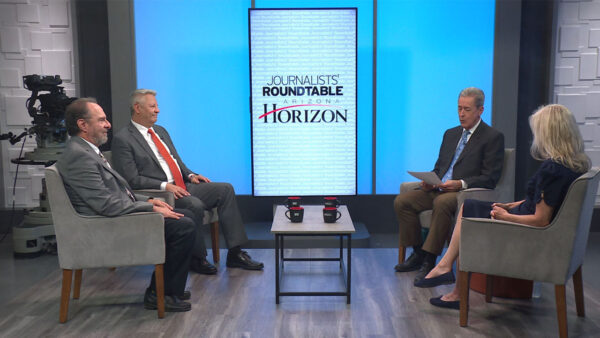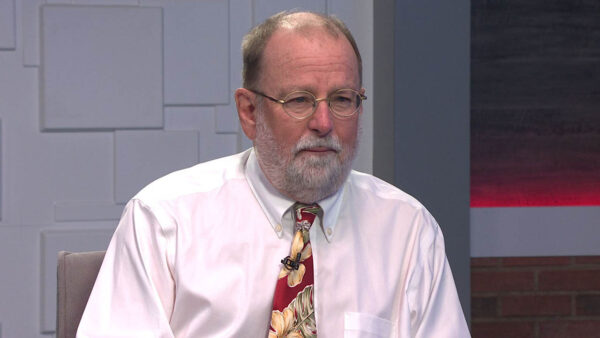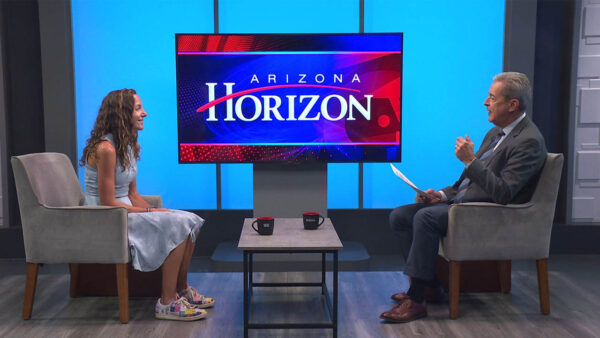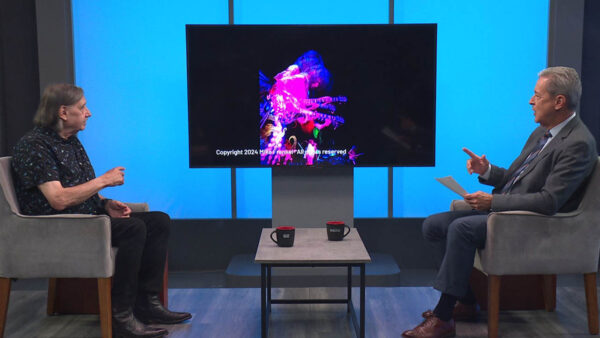Precedents and procedure for presidential illness
Oct. 2, 2020
Brooks Simpson, ASU Foundation History Professor, explains the precedent set by previous presidents when they experienced periods of illness or became indisposed.
There have been a number of cases where former presidents have been temporarily incapacitated during their time in office. “Before the 1960s, there wasn’t much one could do about this. The ratification of the 25th amendment, however, set up provisions for what to do when we have temporarily incapacitated presidents,” said Simpson. “For example, someone undergoing a surgical procedure when they have been anesthetized. “They’re getting a procedure such that the patients out for a while, [and] someone may have to make a decision while the president would be recovering from the procedure.”
The procedure has the president sign a letter that temporarily hands over the reins of power to the vice president. In case of incapacitation, a majority cabinet could decide to elevate the vice president to acting president temporarily.
There have been many who ran for the presidency with less than ideal health conditions. “Franklin Delano Roosevelt in 1944 is a good example,” Simpson said. Although Roosevelt won the vote for his fourth term, he died shortly after due to a cerebral hemorrhage. President William Henry Harrison died of pneumonia after only 32 days in office, possibly due to his record-length one hour and 45-minute inaugural speech during a breezy, cold morning.
“We’ve had something like this back in 1872,” said Simpson regarding unique circumstances of health in presidential elections. “Horace Greeley, running against Ulysses S. Grant, died after the election, but before the electoral vote was cast, and so people found other people to vote for when those ballots were tallied.”
“When you vote in a presidential election, you’re voting for a swing of electors, you’re not actually voting for Donald Trump or Joe Biden. You’re voting for a Republican or Democrat swing of electors. Under certain circumstances, like the ones we’re imaging now, they could end up voting for somebody else, at the time of the electoral college cast its ballot,” said Simpson.
Even if a presidential candidate became sick or falls incapacitated, the election will not be delayed.
